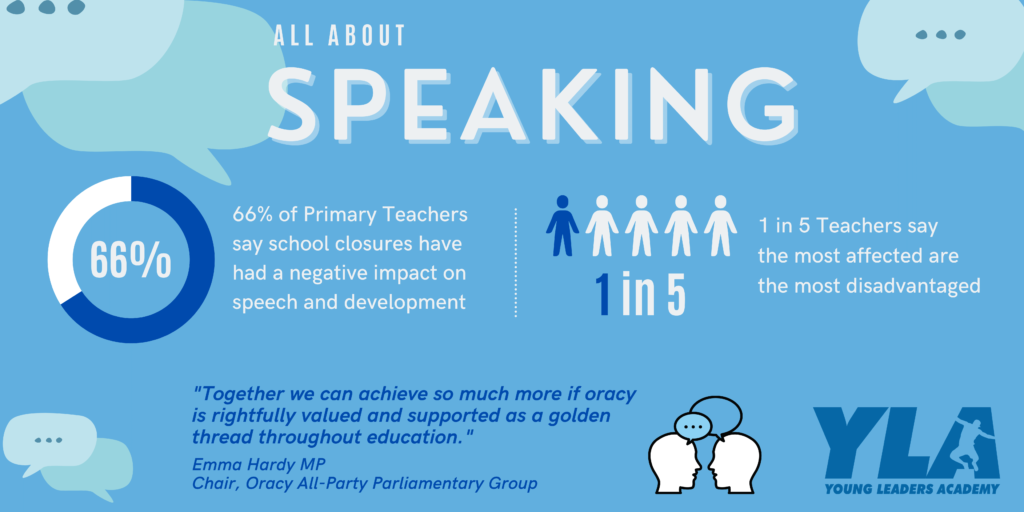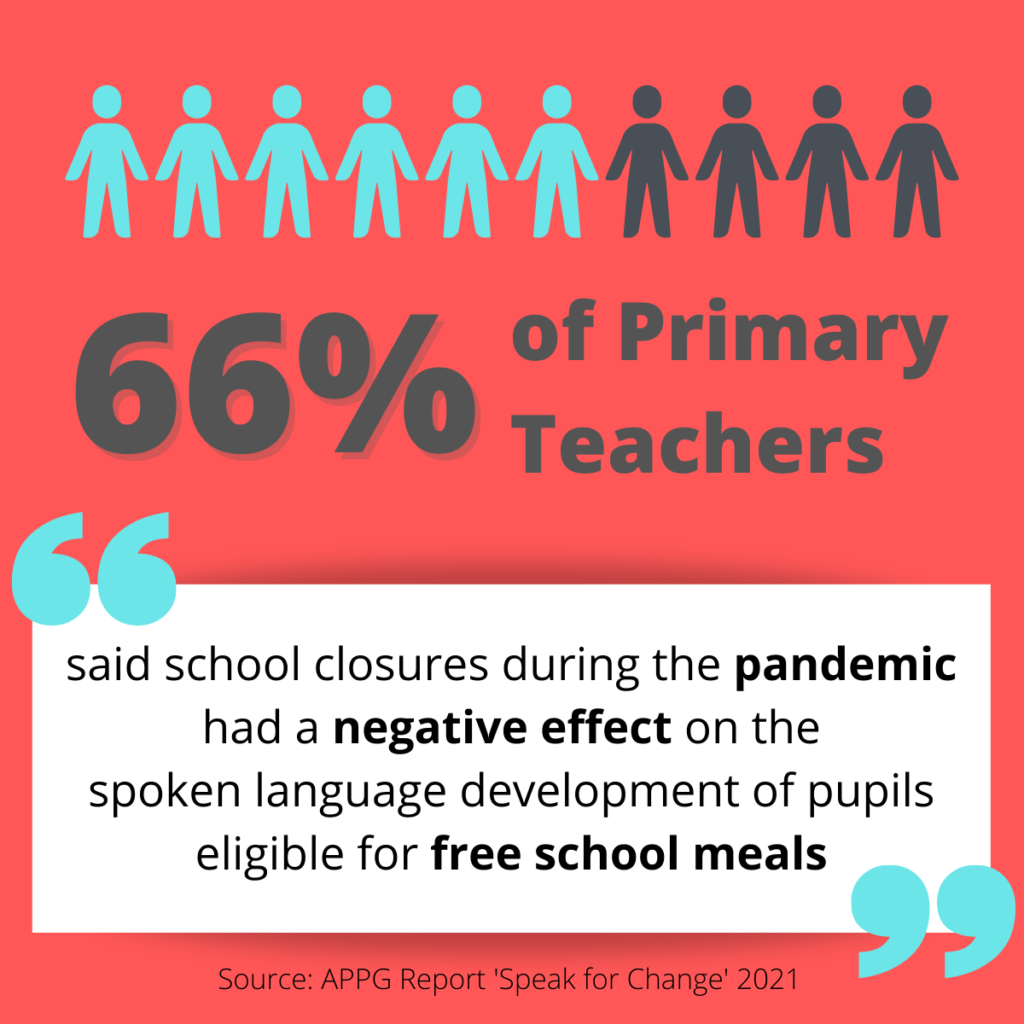The Complete Guide To Developing Highly Successful Sports Leaders In Your School
The Complete Guide To DevelopingHighly Successful Sports Leaders In Your School (and Why That’s Important For You and Your School) The Sports Leader Role Is
Fear of public speaking is debilitating and harming the future of many millions of children across the globe. This article will help you to help children in your class or school overcome that fear.

Public speaking is one of the most anxious things a child can do. It tops sky-diving, mountaineering and second only to the fear of dying.
It’s a very real fear and can cause many emotional and physical challenges that can impede a child from learning this life-skill and make them feel like they’ll never be any good at this in-demand skill.
Unfortunately, that is a reality for millions of school children across the globe. Many schools do not have the expertise to embed this crucial topic in to the school curriculum and therefore children miss out on learning possibly one of the most important – and necessary – communication skills for their future.
In a recent APPG report, 78% of young people said their school did not do enough public speaking training or practice in a structured way.
So how do you help children overcome this fear, control their anxiety and give them the tools to be successful at public speaking?
After all public speaking is THE MOST in-demand skill in industry today – and will be for many, many years to come. Every business and industry is in dire need of effective communicators. So this is a great opportunity for children to learn this essential life skill and improve their future prospects.

“Pitch Perfect is a great program to introduce public speaking to young children. Many schools use this program from years 4-6.”
Breathing Control
At Young Leaders Academy we work with hundreds and thousands of children to help them become better at public speaking. Our data shows that when children start their public speaking journey the most common feeling is fear. Fear of being laughed at, fear of failing, fear of forgetting, plus many others.
The psychological effect of these fears puts immense pressure on the child and this then manifests in physiological attributes.
The 3 most common are, sweaty palms, palpitations and short breathlessness.
These physical manifestations further compound the psychological emotions and a child is in a vicious circle of anxiety and fear which results in low confidence, low self-esteem, inferiority complexes and other more serious mental health issues and they just don’t want to speak in public.
And who could blame them?.
But there is light at the end of the tunnel.
How To Overcome the Fear of Public Speaking
If a child can learn how to control these emotions and irrational fears, then they will have won the first battle. Child 1 -Fear 0.
Breathing is the first thing you can do to help a child calm these emotions and get on the first rung of the ladder. Because what you will notice with fear and anxiety is your breathing starts to become short and shallow. This means a lack of oxygen which increases your heart rate and all you can think of is being afraid. But…
This simple breathing exercise will help.
Take 3 BIG deep breathes, in through your nose and out through your mouth. Make sure you fill your lungs to full and do not hold your breath. Breathe in deep and breathe out slowly and fully.
This will improve the oxygen flow to the brain, send a signal to your brain that there’s nothing to be afraid of and in turn start to clam things down.
But don’t stop there. Control your beathing and breath normally but deeper and slower to keep calm.

Planning and Preparation Your Presentation
Knowing your speech or presentation is absolutely necessary to overcoming fear and anxiety. If you don’t know your subject this will only make you feel more anxious. So, once you’ve controlled your breathing then you must make sure you are well prepared. So plan and prepare your presentation and by all means have some notes jotted down to help keep you on track.
DO NOT write out your speech word-for-word. This will force you to look at your notes and read from the paper and you’ll lose everyone in the audience because you’re not keeping eye contact.
Download our Planning and Preparation Cheat Sheet here. It’s a great starter template for developing your next speech. This cheat sheet is part of our Teacher Resource pack from the Pitch Perfect, Public Speaking for Kids Level One program.
Practice Techniques
Just like playing any sport or game, practice makes thing much easier. Public speaking is no different. If you feel well prepared and you practice your presentation over and over, then you’ll feel less anxious because you can confidently say to yourself that you know how to deliver this speech.
And that will give any child tonnes of confidence to be able to get up and speak in public.
How To Practice Your Presentation
You can practice your presentation by using a mirror. This is a great way to get ‘live’ feedback by observing your body movements and listening to your tone of voice.
The next best way to practice your presentation is to record yourself and watch it back to analyze yourself. Be critical but be constructive. Don’t say I don’t like the way I look. Instead look at what you’re saying and how you’re saying it.
The final way to practice your presentation is in front t of friends and family. This is a nice ‘safe’ way to practice and get a feel for how you presentation sounds in front of a live audience. Ask your audience to provide feedback on your content and also how you presented.
These three techniques will go a long way to help any child overcome the fear of public speaking. If you have any suggestions please put them in the comments below, I would love to hear them. If you have any questions feel free to ask in the comments below.
If you’re interested in introducing a successful public speaking program in your school or in your classroom then check out our Pitch Perfect course here. Or simply book a free demo here. We will be more than happy to answer your questions and provide assistance and guidance.
The Complete Guide To DevelopingHighly Successful Sports Leaders In Your School (and Why That’s Important For You and Your School) The Sports Leader Role Is
Fear of public speaking is debilitating and harming the future of many millions of children across the globe. This article will help you to help children in your class or school overcome that fear.
Oracy strategy. Every school is good at numeracy. Every school is good at literacy. But very few schools are good at oracy. Perhaps why you don’t hear the word so much.
In the most recent APPG report (April 2021′ Speak for Change’), the UK parliamentary committee cited that 77% of school leaders wanted good oracy in their school but didn’t know where to start or how to implement it.
Presentation Skills Programs
Communication Skills programs
Interview Skills Workshop
CV Writing Skills Workshop